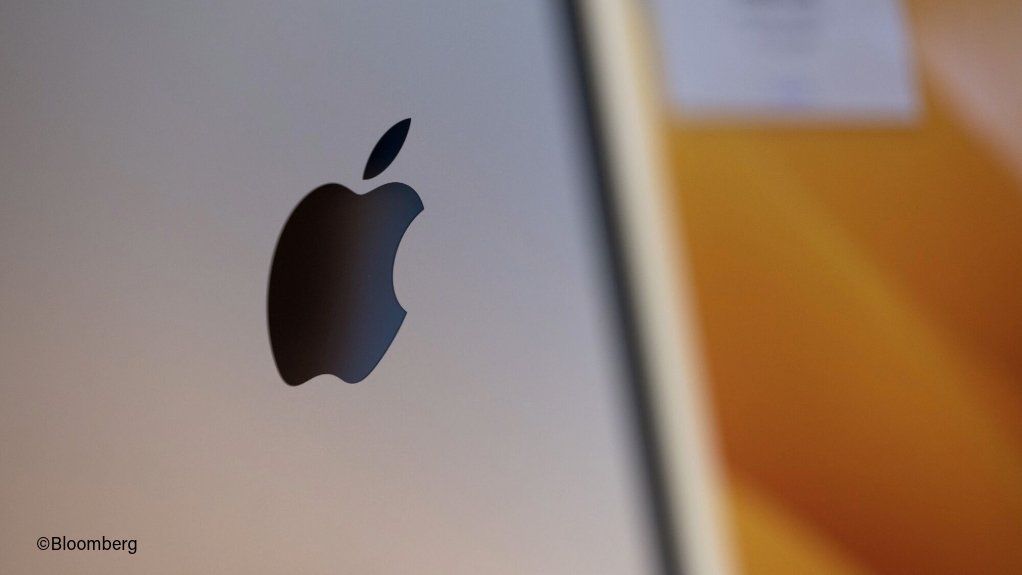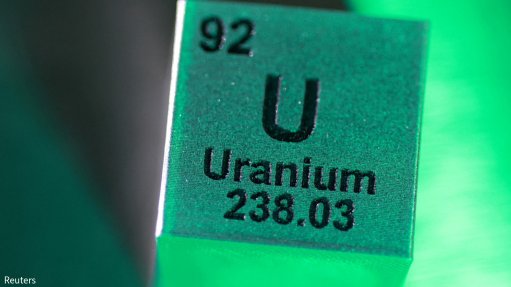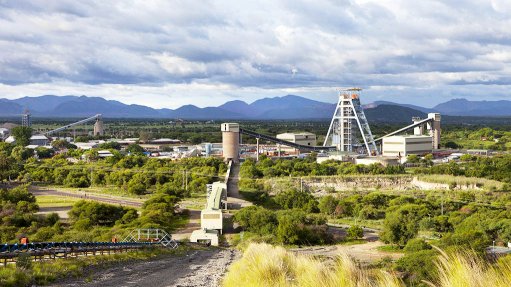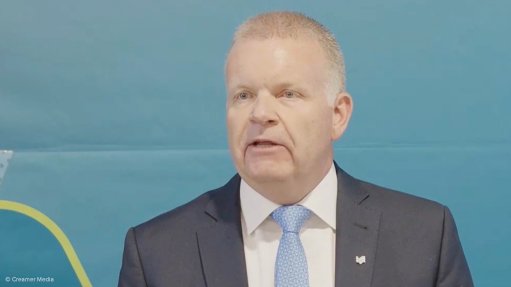US group sues Apple over Congo conflict minerals
A US-based advocacy group has filed a lawsuit in Washington accusing Apple of using minerals linked to conflict and human rights abuses in the Democratic Republic of Congo and Rwanda despite the iPhone maker's denials.
International Rights Advocates (IRAdvocates) previously filed a lawsuit against tech firms including Tesla, Apple and other companies over cobalt sourcing, but US courts dismissed that case last year.
French prosecutors also dropped Congo's case against Apple subsidiaries in December over conflict minerals, citing lack of evidence. A related criminal complaint in Belgium is still under investigation.
Apple denied any wrongdoing in response to Congo's lawsuits, saying it had instructed its suppliers to halt the sourcing of material from Congo and neighbouring Rwanda.
Apple said on Wednesday it “strongly disputes” the latest allegations that the company is benefiting from forced labour and unsafe mining practices in Africa, calling the claims “baseless.”
An Apple spokesman said that 99% of the cobalt in Apple-designed batteries comes from recycled sources, and that this underscores the company’s push to cut reliance on mined material.
He added that as conflict escalated in eastern Congo in 2024, the company instructed suppliers to stop sourcing material from Congo and Rwanda.
Apple's Supplier Code of Conduct enforces “the industry’s strongest sourcing standards” and pledges continued transparency in public reporting, the spokesman added.
IRAdvocates, a Washington-based nonprofit that tries to use litigation to curtail rights abuses, said in the complaint filed on Tuesday in the Superior Court of the District of Columbia that Apple’s supply chain still includes cobalt, tin, tantalum and tungsten linked to child and forced labour as well as armed groups in Congo and Rwanda.
CONGO IS A MAJOR SOURCE OF COBALT, TIN, TUNGSTEN
The lawsuit seeks a determination by the court that Apple’s conduct violates consumer protection law, an injunction to halt alleged deceptive marketing, and reimbursement of legal costs, but does not seek monetary damages or class certification.
The lawsuit alleges that three Chinese smelters - Ningxia Orient, JiuJiang JinXin and Jiujiang Tanbre - processed columbite-tantalite metallic ore, or coltan, that UN and Global Witness investigators allege was smuggled through Rwanda after armed groups seized mines in eastern Congo. The lawsuit links the material to Apple’s supply chain.
A University of Nottingham study published this year found forced and child labour at Congolese sites linked to Apple suppliers, the lawsuit said.
Ningxia Orient, JiuJiang JinXin and Jiujiang Tanbre did not immediately respond to requests for comment.
Congo, which supplies about 70% of the world’s cobalt and significant volumes of tin, tantalum and tungsten - used in phones, batteries and computers - did not immediately respond to a request for comment. Rwanda also did not immediately respond to a request for comment.
'NO REASONABLE BASIS FOR LINKS TO ARMED GROUPS'
Apple has repeatedly denied sourcing minerals from conflict zones or using forced labour, citing audits and its supplier code of conduct. It said in December that there was “no reasonable basis” to conclude any smelters or refiners in its supply chain financed armed groups in Congo or neighbouring countries.
Congolese authorities say armed groups in eastern Congo use mineral profits to fund the conflict that has killed thousands and displaced hundreds of thousands. They have tightened controls on minerals to choke off funding, squeezing global supplies.
Apple says 76% of cobalt in its devices was recycled in 2024, but the IRAdvocates lawsuit alleges its accounting method allows mixing with ore from conflict zones.
Article Enquiry
Email Article
Save Article
Feedback
To advertise email advertising@creamermedia.co.za or click here
Announcements
What's On
Subscribe to improve your user experience...
Option 1 (equivalent of R125 a month):
Receive a weekly copy of Creamer Media's Engineering News & Mining Weekly magazine
(print copy for those in South Africa and e-magazine for those outside of South Africa)
Receive daily email newsletters
Access to full search results
Access archive of magazine back copies
Access to Projects in Progress
Access to ONE Research Report of your choice in PDF format
Option 2 (equivalent of R375 a month):
All benefits from Option 1
PLUS
Access to Creamer Media's Research Channel Africa for ALL Research Reports, in PDF format, on various industrial and mining sectors
including Electricity; Water; Energy Transition; Hydrogen; Roads, Rail and Ports; Coal; Gold; Platinum; Battery Metals; etc.
Already a subscriber?
Forgotten your password?
Receive weekly copy of Creamer Media's Engineering News & Mining Weekly magazine (print copy for those in South Africa and e-magazine for those outside of South Africa)
➕
Recieve daily email newsletters
➕
Access to full search results
➕
Access archive of magazine back copies
➕
Access to Projects in Progress
➕
Access to ONE Research Report of your choice in PDF format
RESEARCH CHANNEL AFRICA
R4500 (equivalent of R375 a month)
SUBSCRIBEAll benefits from Option 1
➕
Access to Creamer Media's Research Channel Africa for ALL Research Reports on various industrial and mining sectors, in PDF format, including on:
Electricity
➕
Water
➕
Energy Transition
➕
Hydrogen
➕
Roads, Rail and Ports
➕
Coal
➕
Gold
➕
Platinum
➕
Battery Metals
➕
etc.
Receive all benefits from Option 1 or Option 2 delivered to numerous people at your company
➕
Multiple User names and Passwords for simultaneous log-ins
➕
Intranet integration access to all in your organisation





















